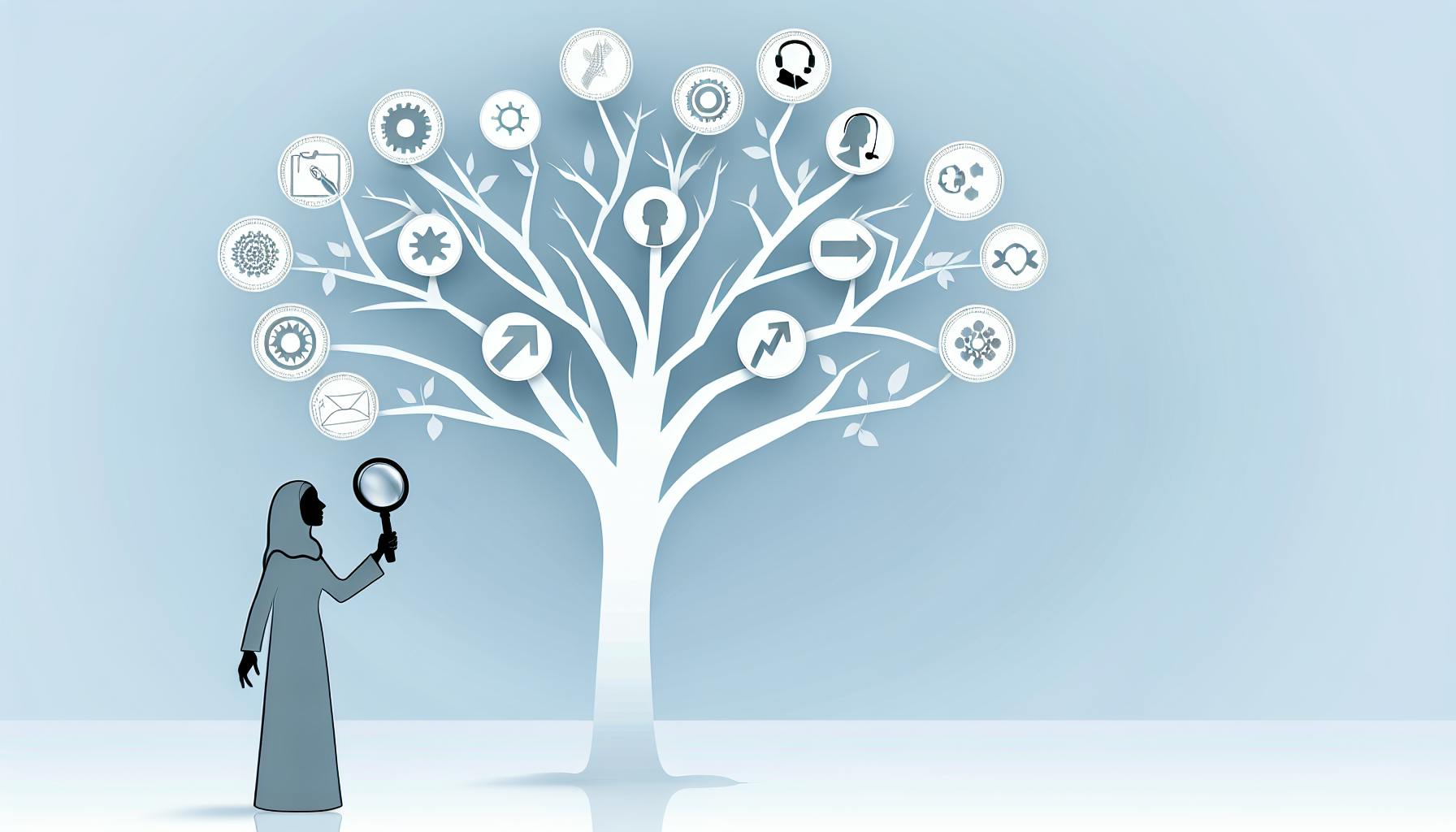
As we approach 2024, the HR landscape is gearing up for transformative changes, marked by new challenges and opportunities. The primary focus lies in attracting, retaining and engaging top talent amidst a backdrop of elevated resignation levels and a tight labor market. To counter these challenges, employers are expected to offer increased workplace flexibility and upskilling programs.
Technological advancements, particularly in AI, will play a pivotal role in HR strategies. AI-driven transformation teams will be essential in maintaining organizational agility, while AI tools in employee training and development promise substantial efficiency gains. However, retaining a human touch remains critical, as employees continue to value personal interactions over automated responses.
The labor market's growth is expected to slow in the first half of 2024, with a gradual increase in the unemployment rate. Factors such as aging populations limit workforce participation, and without a surge in immigration, worker availability is expected to shrink, driving up labor demand.
In terms of technological advancements, AI talent will be a focal point in 2024, with a surge in jobs related to “AI transformation.” These transformation teams will be responsible for choosing AI tools and building workforce strategies to keep organizations agile, productive, and engaged. Additionally, there will be an increase in AI for employee training and career development, enhancing training efficiency and yielding substantial time savings and automation benefits.
However, maintaining a human touch remains crucial. AI chatbots will rise in handling routine inquiries, enabling HR teams to focus on strategic roles. But it's essential to keep a human in the mix, as employees will still want to talk to real people about certain topics.
Employers are also expected to abandon outdated tech and adopt more adaptable and flexible systems to navigate disruptions and digital transformation challenges. Employee benefits trends will shift, with personalized offerings addressing mental health, financial planning, and day-to-day issues gaining prominence. Employees are increasingly demanding focus on their wellbeing, including opportunities for physical and mental healthcare, as well as flexible work arrangements.
Workplace mental health will see a shift in perspectives in 2024, driven by Gen Z's documented struggles with mental health and the tipping point of unchecked negativity. Continuous skill development in a dynamic workplace will become more important, with a tendency towards skills-based talent management allowing employers to tap into diverse talent sources. As competition for external talent cools, organizations will focus on developing internal talent marketplaces, prioritizing cultural alignment, excellence in innovation, career progression, and development for their employees.
In this evolving landscape, HR professionals must navigate the balance between leveraging technological advancements and maintaining the human element in their strategies. The future of HR in 2024 is poised to be dynamic, requiring a blend of flexibility, personalized benefits, mental health focus, and continuous learning to foster a resilient and adaptable workforce.



